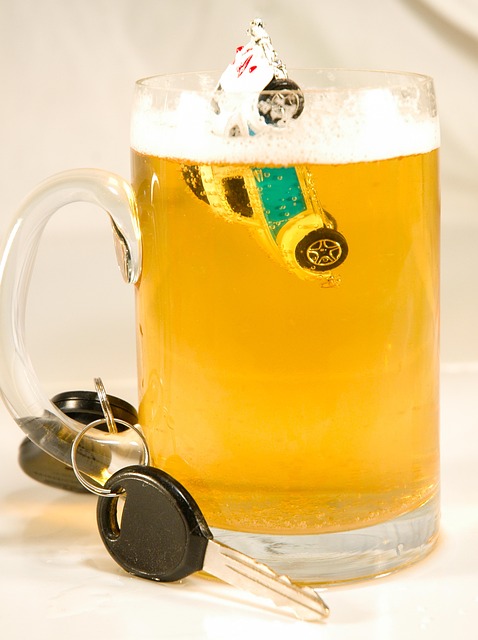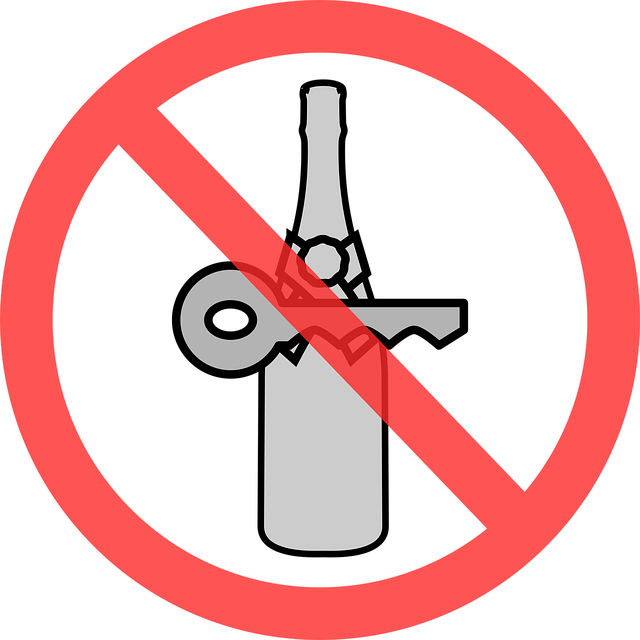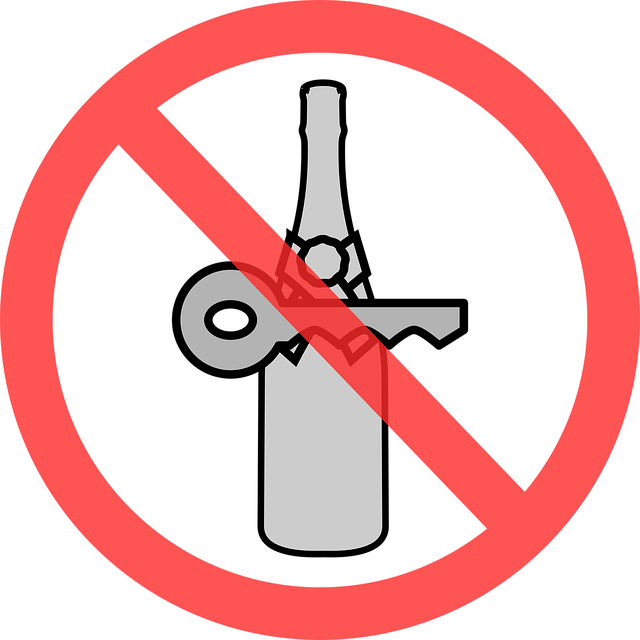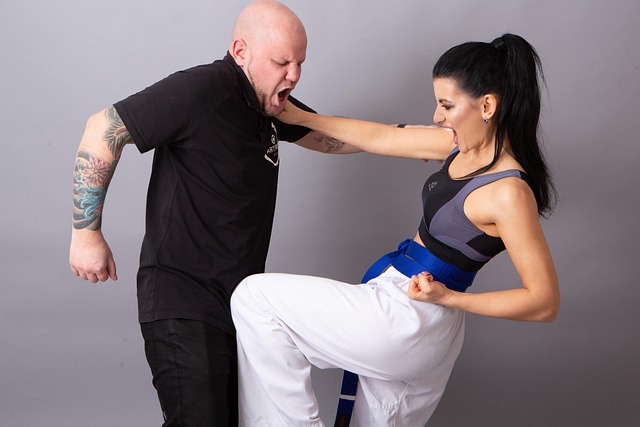Understanding Oregon's strict DUI laws requires a robust defense strategy. Legal professionals challenge evidence, examine test reliability, and explore Fourth Amendment rights to build strong cases. Effective DUI tactics involve critically assessing prosecution evidence, questioning breathalyzer accuracy, and addressing procedural errors, ultimately aiming for favorable outcomes within the state's legal system.
“In Oregon, a Comprehensive DUI defense requires a deep understanding of state laws and penalties, which can vary significantly. This article explores effective DUI tactics for challenging evidence, leveraging legal defenses, and utilizing motion practices. We delve into the role of expert testimony in strengthening your case and provide insights on client interviewing techniques to build a robust defense strategy. By employing these comprehensive DUI defense techniques, you can navigate Oregon’s legal landscape with confidence.”
- Understanding Oregon's DUI Laws and Penalties
- Effective Strategies for Challenging Evidence
- Exploring Legal Defenses and Motion Practices
- The Role of Expert Testimony in DUI Cases
- Building a Strong Case: Client Interviewing Techniques
Understanding Oregon's DUI Laws and Penalties

Understanding Oregon’s DUI laws is paramount for anyone considering an effective DUI defense strategy. The state has stringent penalties, with first-time offenders facing a fine up to $1,000, a license suspension of up to 6 months, and potential jail time. These penalties increase significantly for subsequent offenses. Oregon also employs strict blood alcohol content (BAC) limits, requiring drivers to maintain a BAC below 0.05%.
Legal professionals specializing in DUI defense in Oregon are well-versed in navigating these laws. They employ tactics such as challenging the stop and arrest procedures, questioning the reliability of breathalyzer or blood test results, and exploring potential violations of Fourth Amendment rights. By leveraging these effective DUI tactics, defendants can build a robust defense against charges, ensuring a fair outcome in Oregon’s legal system.
Effective Strategies for Challenging Evidence

Challenging evidence is a cornerstone of any robust DUI defense in Oregon. Effective DUI tactics involve scrutinizing every aspect of the state’s case, starting with questioning the admissibility of evidence gathered during the stop and subsequent investigation. This includes battling against inaccurate or biased field sobriety tests, where strategic challenges can highlight inconsistencies that may exclude such testimony.
Additionally, attorneys can employ techniques to challenge breathalyzer results, which are commonly used to determine blood alcohol content (BAC). These may include raising doubts about proper calibration, the operator’s training, or potential interference from external factors. Other evidence like blood tests also offer opportunities for defense; questioning the chain of custody and lab procedures can cast doubt on their reliability.
Exploring Legal Defenses and Motion Practices

Exploring Legal Defenses and Motion Practices is a crucial step in any comprehensive DUI defense strategy in Oregon. Effective DUI tactics involve scrutinizing every aspect of the case to identify potential weaknesses in the prosecution’s evidence. This includes challenging the admissibility of breath test results, questioning the integrity of field sobriety tests, and examining procedural errors during the arrest or collection of evidence.
Motion practices play a vital role in pre-trial preparations. Defense attorneys can file motions to suppress evidence obtained without proper warrant or cause, argue against the use of involuntary statements made by the accused, and challenge any potential bias or misconduct on the part of law enforcement officers. By leveraging these legal defenses and motion practices, Oregon DUI lawyers can significantly strengthen their cases and protect their clients’ rights.
The Role of Expert Testimony in DUI Cases

In DUI cases, expert testimony plays a pivotal role in shaping the outcome. Defense attorneys often employ this strategy to counter the prosecution’s case and advocate for their client’s rights. By presenting credible experts, such as former police officers, toxicologists, or scientific analysts, defense teams can challenge the admissibility of breathalyzer results, field sobriety test protocols, and blood-alcohol concentration (BAC) calculations. These experts provide detailed insights, explaining potential flaws in evidence collection and analysis methods, thereby undermining the prosecution’s case.
Effective DUI tactics include leveraging expert testimony to raise reasonable doubts in the minds of jurors. These experts can testify about alternative explanations for an individual’s behavior during a traffic stop, question the reliability of testing equipment, and offer nuanced interpretations of scientific data. Such evidence may significantly impact the jury’s perception, leading to more favorable outcomes for those accused of DUI offenses in Oregon courts.
Building a Strong Case: Client Interviewing Techniques

Diable, s berl,, oJaki..
—ABελ, drijna bourd、طبling, dire drierely, ve driendo.
Fiap, windo, o dirm.,






